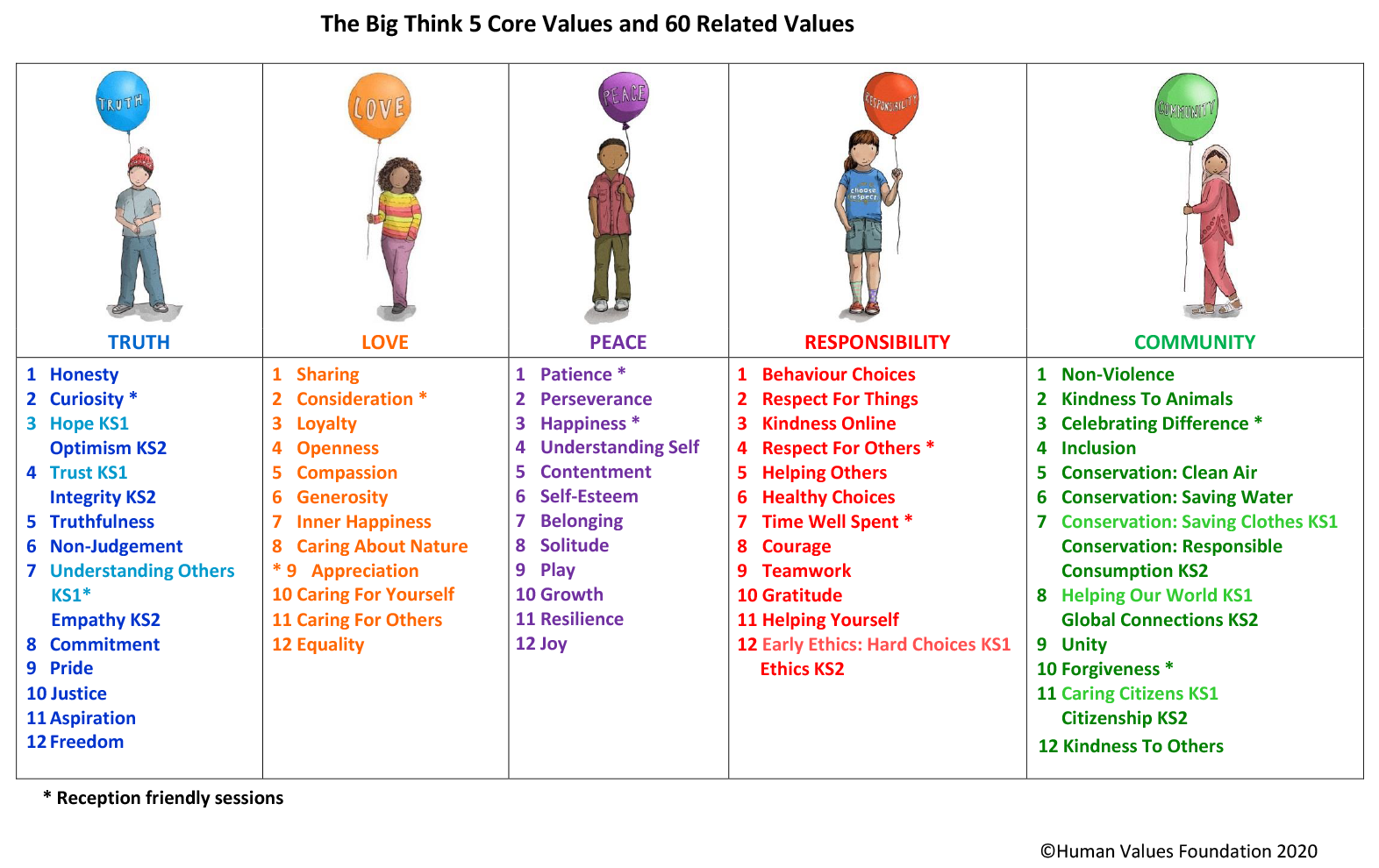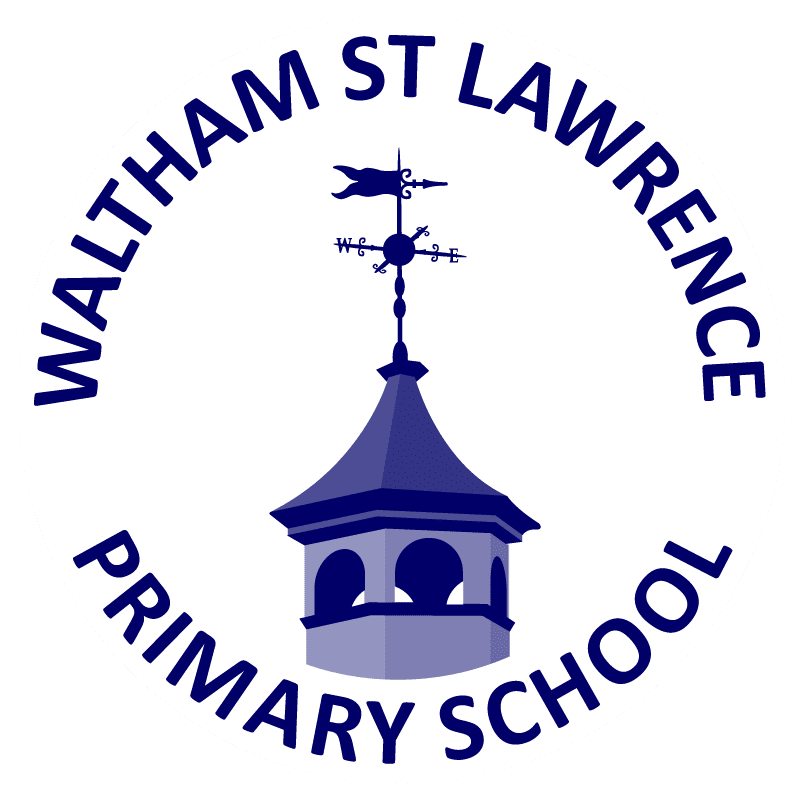 We have always prided ourselves on being a vibrant and caring school with a positive learning atmosphere. Many visitors to the school have remarked upon this. Our school also prides itself on the outstanding behaviour and attitude of our children.
We have always prided ourselves on being a vibrant and caring school with a positive learning atmosphere. Many visitors to the school have remarked upon this. Our school also prides itself on the outstanding behaviour and attitude of our children.
The Big Think programme was launched at our school in September 2018 as one of the pilot schools in the UK. The Big Think, a new empowering SMSC programme for ages 4 to 11, is the upgrade of Education in Human Values programme which we have used since 2013.
The Big Think 5 core values: Love, Truth, Peace, Responsibility and Community, underpin everything we do here at WSL and are threaded through every aspect of school life. This programme has shaped the way we teach and learn and actively defines our Whole Child education. We foster each child’s character strengths, improve wellbeing by addressing the rising numbers of young children with mental health issues, as well as the increasing levels of childhood anxiety and unhappiness, and support learning behaviour strategies.
We promote whole-school unity by strengthening the relationships between staff, children, and parents and have a broader impact on local and wider communities through our emphasis on social action.
Promoting British Values at Waltham St Lawrence Primary School
The DfE have reinforced the need “to create and enforce a clear and rigorous expectation on all schools to promote the fundamental British values of democracy, the rule of law, individual liberty and mutual respect and tolerance of those with different faiths and beliefs.”
At Waltham St Lawrence Primary School these British Values are reinforced regularly following the Five Core Values and many other related values as stated in The Big Think Programme (TBT). TBT uses a system of connected values to help children explore their own thoughts, feelings and ultimately find their own voice. Values are not simply caught, they also need to be explicitly taught through experiential learning, real-life stories, shared experiences and self-reflection. Values-literate children are more self-aware and learn to develop agency to perform well at school and better navigate the world around them.

These values guide our thinking, our decision making, ultimately our actions and behaviour.
We actively promote British values through ensuring that our curriculum planning and delivery includes real opportunities for exploring these values.
Democracy:
Democracy is an integral part of the school life. Pupils have the opportunity to have their voices heard through our annual Pupil Questionnaires. Elections for School Council representatives are undertaken in each class every academic year. Pupils are always able to voice their opinions and we foster an environment where children are safe to disagree with each other.
The Rule of Law:
The importance of Laws, whether they be those that govern the class, the school, or the country, are consistently reinforced throughout regular school days, as well as when dealing with behaviour and through school assemblies. Pupils are taught the value and reasons behind laws, that they govern and protect us, the responsibilities that this involves and the consequences when laws are broken. Visits from authorities such as the Police; Fire Service; etc. are regular parts of our calendar and help reinforce this message.
To encourage and promote good behaviour, attitude and work, we have devised a reward system which is consistently followed throughout the school.
We are committed to praising children’s efforts. We endeavour to praise the children informally, individually, during group work, in front of the whole class and the whole school. Children are rewarded not only for achievement in curriculum areas, but for behaviour and general adherence to the School Values or The School Golden Rules.
Rewards are given in the form of House Points, weekly Special Mention in the Sunshine Book, Star Pupils Certificates and Winning House Cup each term. Children’s achievements are also recognised during Celebration Assemblies.
Individual Liberty:
Within school, pupils are actively encouraged to make choices, knowing that they are in a safe and supportive environment. As a school we educate and provide boundaries for young pupils to make choices safely, through the provision of a safe environment and empowering education. Pupils are encouraged to know, understand and exercise their rights and personal freedoms and advised how to exercise these safely, for example through our E-Safety and Values Education / PSHE lessons. Whether it be through choice of challenge, of how they record, of participation in our numerous extra-curricular clubs and opportunities, pupils are given the freedom to make choices.
Mutual Respect:
Part of our school ethos and behaviour policy has revolved around our Values such as ‘Respect’, and pupils have been part of discussions and assemblies related to what this means and how it is shown. The school promotes respect for others and other people’s and school property and this is reiterated through our classroom and learning rules, as well as our Values Statement and Behaviour Policy.
Tolerance of those of Different Faiths and Beliefs:
This is achieved through enhancing pupils understanding of their place in a culturally diverse society and by giving them opportunities to experience such diversity. Assemblies and discussions involving prejudices and prejudice-based bullying have been followed and supported by learning in RE and Values Education as part of
PSHE/SMSC. We use opportunities such as the Olympics and World Cup to study and learn about life and culture in different countries such as Brazil, Japan and China etc..
We have termly RE Weeks where we study another world faith and learn about their customs, practices and celebrations. We invite guest speakers and run workshops to give the children a real experience of a different belief system to enhance learning within classes and the school.
Extremism:
The school is aware of the need to be vigilant when it comes to any extremist attitudes or behaviour and appropriate actions will be taken accordingly. All staff are aware of the need to alert the Strategic Leadership Team and Governing Board if they have any concerns of this nature.
Our overriding aim is to teach children to be resilient to extremism. This involves pupils being taught how to ask probing questions and make sound judgements for themselves about what is right and wrong. Our Curriculum enables pupils to learn that there are many differing views and experiences in the world outside of their own. Our Values Education and PHSE /SMSC learning also promote the development of self-confidence, self-worth and a sense of identity. They allow pupils opportunities to reflect on and discuss different lifestyles and facets of identity, as well as being able to ask questions, to challenge inappropriate and harmful ideologies, and stand up for what they believe is right.
The principles of good teaching in which pupils reflect and question are the foundations on which we base successful building of resilience.

